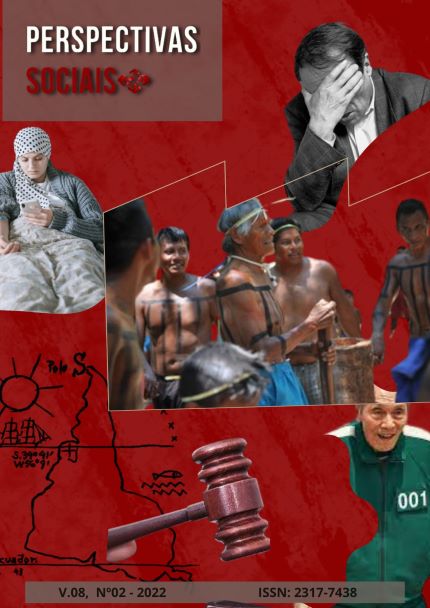GUARANI TWIN ABANDONMENT FROM THE PERSPECTIVE OF BRAZILIAN LAWaw
A MULTICULTURAL CRITICAL ANALYSIS
Abstract
It is about the abandonment of twins in Guarani communities in Brazil and the legal framework of this act in Brazilian Criminal Law. In view of the international and constitutional protection of native human rights, it is essential to analyze this millenary cultural practice in Guarani tribes in view of the internal understanding of the illicit and the framing of the act as a prohibition error or in the light of the cultural defense theory, under penalty of State to act in disagreement with the constitutional and international protections and guarantees granted to indigenous peoples, which justifies the choice of theme. The construction of this study takes place through hypothetical-deductive and historical-deductive methods. One of the objectives achieved in this research was the demonstration that the abandonment of twins by the Guarani community can be considered as a culturally motivated crime through the application of supralegal causes of exclusion of illegality embodied in multiculturalist cultural defense theory. This is because it was understood that the framing of such an act as a prohibition error no longer serves the current dilemma, given that it is a segregating and prejudiced view, still adhering to the egalitarian assimilationist model. Thus, the practical application of such theoretical guidelines will be sought in the performance of the State in face of concrete cases.

